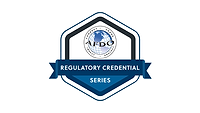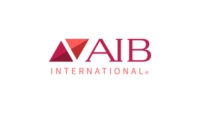FoodChain ID Offers Free Webinar on GMOs and the New Regulatory Landscape Part of “Seeing Food Clearly” Series

FoodChain ID will host a free webinar titled “Navigating GMOs in a New Regulatory Landscape” on Wednesday, May 29 at 2 pm Eastern. Registration is now open.
This webinar will address the new regulatory landscape and present a path forward for companies that must balance legal compliance requirements with consumer demand for label claims like Non-GMO Project Verification and organic certification.
“In response to state-led initiatives to label genetically engineered foods, the U.S. Department of Agriculture officially established a National Bioengineered Food Disclosure Standard [NBFDS],” says David Gould, head of global sustainability programs for Foodchain ID. “Although part of the intended consequence of this law was to make labeling of genetically engineered foods more consistent and clearer, the new legislation still leaves important questions for everyone concerned, especially in terms of the scope and definition of ingredients and products included and considered to be bioengineered.”
FoodChain ID is a global leader in GMO analysis and authentication having started one of the first non-GMO testing labs, created the first Non-GMO Certification scheme, and was a founding technical administrator for the Non-GMO Project.
The third presentation in a series called “Seeing Food Clearly,” the webinar will discuss genetic disruption, define genetically-engineered and genetically-modified organisms, and discuss compliance related to the NBFDS as well as recent EU labeling laws.
The webinar will also address how NBFDS fits into the current GMO regulatory landscape, both in the U.S. and internationally, the challenges of addressing the new law, and provide prospective solutions to address NBFDS while the market and regulatory guidance are in flux.
The webinar will be hosted by Gould. Previously, Gould was senior facilitator for IFOAM—Organics International and responsible for coordination of the Sustainable Organic Agriculture Action Network and its development of Organic 3.0. He has over 20 years of international experience in organic and sustainability systems, training and education, technical frameworks, standards development, and stakeholder engagement across the food supply chain.
FoodChain ID | FoodChainID.com
Looking for a reprint of this article?
From high-res PDFs to custom plaques, order your copy today!





